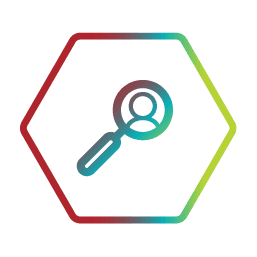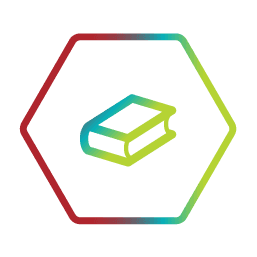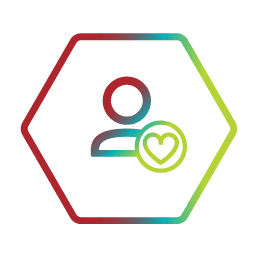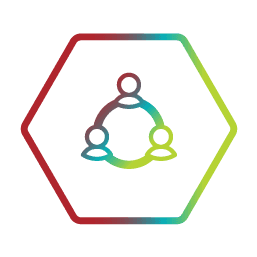
2024 CAUDIT Awards Finalists

Emerging Leader
The CAUDIT Award for Emerging Leader celebrates outstanding leadership achievements. The award seeks to recognise an emerging leader in IT within the higher education and research sector who has demonstrated leadership and vision to their colleagues. They may have ‘gone out on a limb’ or supported a collective effort to lead their team to achieve more than they have previously, or led a new initiative through to success, or introduced some significant positive change.
Emerging Leader Finalists
In establishing Deakin’s GIFT City campus, Greg navigated the complexities of procuring hardware in another country, compounded by the unique challenges of operating in a Special Economic Zone (SEZ). His leadership involved
supporting his team in their respective areas and removing roadblocks to ensure effective delivery. This required close collaboration with international vendors and integrators like NTT DATA and Dell to meet stringent
standards. Additionally, Greg worked with Indian authorities on customs imports, ensuring compliance with SEZ regulations and GST exemptions. He facilitated clear communication channels to support his team, held regular
progress meetings, and provided timely solutions to emerging challenges. He coordinated efforts across diverse functions, such as Cybersecurity, Networks, End-User computing and AV systems, ensuring everyone had the
resources and guidance to excel. By addressing logistical hurdles and fostering a collaborative environment, Greg empowered his team to focus on their expertise and deliver high-quality results. His proactive leadership and problem-solving ensured the successful setup of our campus infrastructure within the tight 12-month window, reflecting Deakin’s standards and values.

As Director of Enterprise Client Services, Jessica has demonstrated exceptional leadership and unwavering support for her team and CQUniversity. Her strategic vision and empathetic approach have significantly contributed to successful delivery of strategic university goals and supporting colleagues to work in a cohesive and inclusive environment. Prioritising open communication, Jessica fosters an environment where every team member feels valued and heard. She demonstrated this by successfully leading multiple staff feedback sessions in late 2023, aimed at continuously improving the culture of Digital Services and enhancing strategies to retain, develop, and support our Directorate. In 2023, Jessica also successfully championed numerous initiatives and projects across the university, notably the Service Excellence SPOT Culture Program, and the Service Desk system replacement project. Her pivotal leadership role ensured that the Service Excellence SPOT Culture Program became a cornerstone of CQUniversity’s new five-year Strategic Plan, and the Service Desk system replacement project was successfully delivered to scope, on budget and on time. Additionally, Jessica’s leadership extends beyond our department as she actively participates in mentorship programs (within CQU and inter-institution) and cross-functional committees such as CQUniversity’s Growth and Service Experience Steering Group, sharing best practices, and driving university-wide improvements. Jessica exemplifies the qualities of a true leader, consistently supporting and empowering her own team as well as other colleagues to achieve both personal success and the broader goals of CQUniversity.
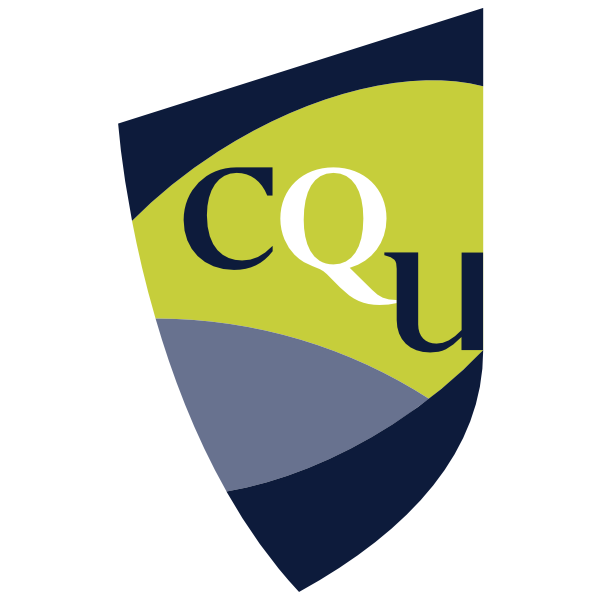
Ben Hansen joined CDU as a Business Analyst only a few years ago, and his leadership capabilities were quickly recognized, leading to his fast-track development nomination by the Acting CIO in March 2022. By early 2023, he was promoted to Acting Deputy Director - Capability and permanently appointed within a year. Upon assuming his responsibilities, Ben inherited a paralysed business system support team with no roadmap or effective plan. He immediately restructured the team, set clear expectations, and secured the necessary resources to re-establish business functions. Leading a team of over 40 direct reports, Ben collaborated with CDU stakeholders, including Teaching and Learning, People and Performance Management, and Research teams, to re-establish service delivery, identify key gaps, and propose new ICT budget initiatives. Within 90 days, he realigned internal and external resources and provided a multi-year forecast of required people, technology, and skills. Ben’s leadership and support have significantly improved staff and student satisfaction scores, demonstrating his ability to lead and support his team effectively.
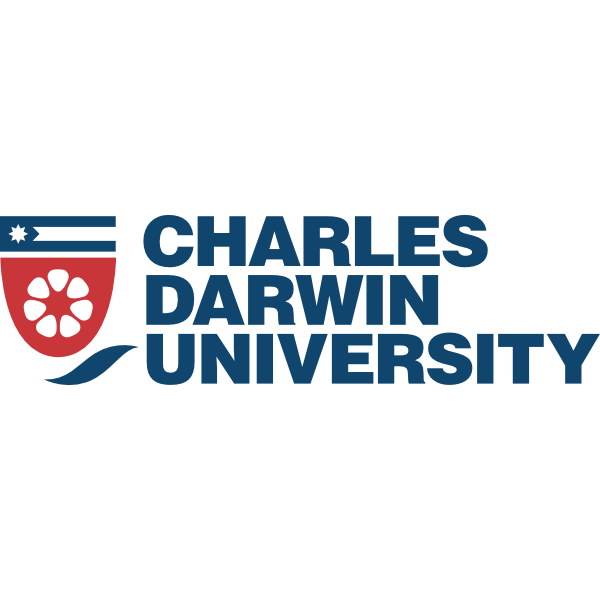
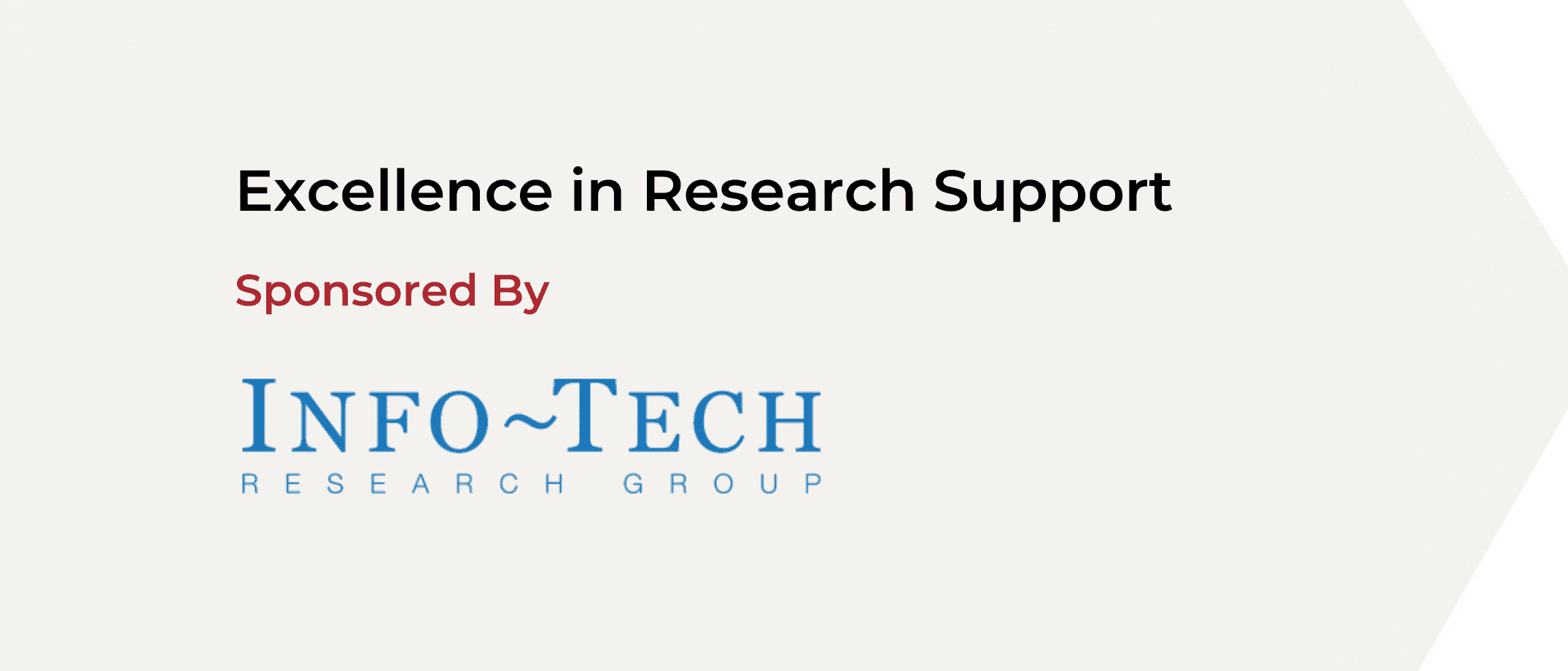
Excellence in Research Support
The CAUDIT Award for Excellence in Research Support recognises excellence in the application or innovative use of digital technology in support of research activities within the membership. What has been done that has had a positive impact on how research is undertaken? Any aspect of research support can be considered here - whether it be governance, research infrastructure or individual research projects.
Excellence in Research Support Finalists
Our ITS team has collaborated with RMIT's RACE (RMIT AWS Cloud Supercomputing) to pioneer Australia's first dedicated commercial cloud supercomputing facility. Through partnerships with Amazon Web Services (AWS) and AARNet, we've combined industry-leading cloud capabilities with advanced fibre network technologies, providing unparalleled connectivity and cloud HPC processing power to our researchers, students, and industry partners. Launched in October 2022, our joint initiative quickly gained traction, onboarding nearly 600 researchers and PhD students in 18 months. Together, we're enabling research excellence by leveraging cutting-edge cloud technologies and serving as an incubator for new partnerships across industry, government, and academia. In 2023, we introduced the Service Workbench solution, transforming cloud capabilities into an accessible, self-service portal for our research community, allowing ideas and solutions to be tested up to 100 times faster than existing on-site servers.
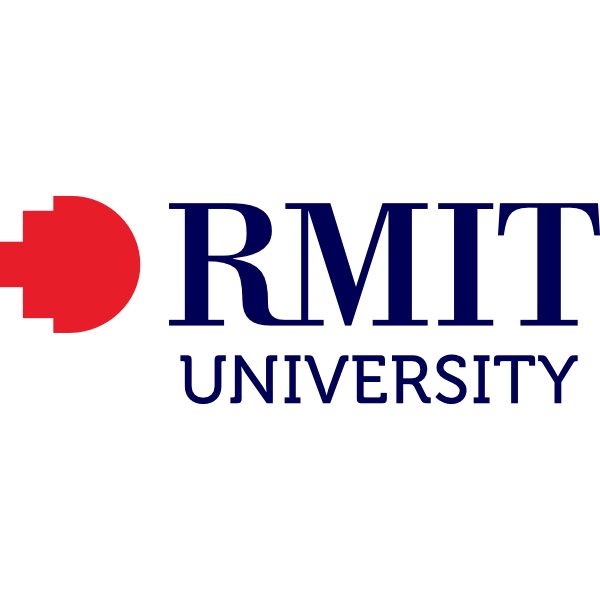
The University of Tasmania (UTAS) set out to undertake a major upgrade of its research management software to a researcher-centric platform that would enable the UTAS Research Model of research excellence and impact, which underpins $200m in research funding and 3,000 research outputs per annum for a research community of >2,000 University staff and Higher Degree by Research candidates. Delivering the Research Management Platform (RMP) Project, which saw a team of 20 customise and implement three software products, while engaging the researcher and corporate services communities in the co-design, prototyping and testing cycles, achieved the objectives and benefits stated in the business case, but more importantly is changing the University’s employee engagement around workplace systems too.

The team collaborated with the research community to create three technology solutions: Group Research Insights and Researcher Insights to report on KPIs, Future Fellow Benchmarking Tool to aid career growth, and Collaborator Finder to augment profile. These HCD-led solutions are seeing 1000 activities per month and are the top 3 used tools by researchers at UTS. They are easy to access portals where researchers are able to: 1. Track progress against KPIs, manage income, supervision and publication workloads, 2. Compare themselves against others who have successfully undertaken Future Fellowships, and 3. Easily find collaborators around the university to better attract funding, expand network, and maximise impact and publications.

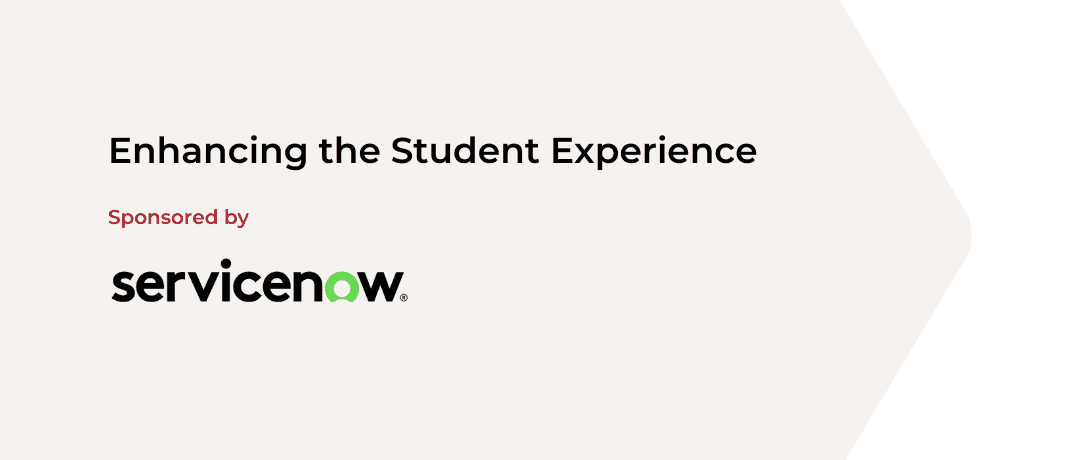
Enhancing the Student Experience
The CAUDIT Award for Enhancing the Student Experience recognises creative initiatives and innovative developments which have resulted in increased academic success rates across a broad cross-section of the higher education student demographic. The award seeks to celebrate individuals or IT teams whose project outcomes have addressed some of the challenges faced by students and helped improve student success.
Enhancing the Student Experience Finalists
In late 2023, we provided Monash University students with an innovative way to plan their course and re-enrol for 2024. Transforming the enrolment experience, we developed an AI-powered, fully interactive course planning tool, resulting in a one-click enrolment, in the right course of study. From within one system and without the need to reference materials from across multiple websites, students can re-enrol using real-time, personalised enrolment and course planning advice based on their academic record, career aspirations, and personal interests. Features include access to current course progression, select majors and minors, and the ability to easily move units within and between course options being considered. Previously, enrolment (and re-enrolment) was a lengthy process, involving paper-based course plans and online handbooks, leading to a number of phone call enquiries. This created uncertainty about what units students could take, and whether the units selected would allow them to graduate.

Murdoch’s IT Services Department worked with the School of IT to offer IT students a world first opportunity to work on a student-managed IT Helpdesk delivering a walk-in troubleshooting and assistance service to all students within the university. This provides practical experience running a customer facing service desk; exposes them to popular, industry recognised service management tools; and gives them an understanding of the Information Technology Infrastructure Library – a framework of good practices used globally to govern the delivery of IT services. These experiences enhance student employability and present a distinct advantage, when applying for introductory roles in the technology sector. This also gives Murdoch’s entire student cohort a free, in-depth IT support resource for personal devices, not previously offered. Existing IT support was limited to Murdoch developed applications and IT Services hardware. The student Helpdesk will offer help for Bring Your Own Device hardware and software and applications outside of the University’s service catalogue.
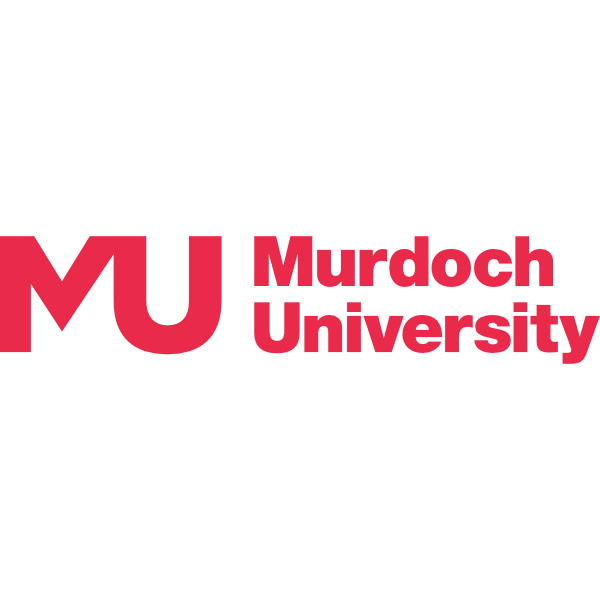
This multi-year project required consistent collaboration between the Information and Communications Technology and the Deputy Vice-Chancellor (Education) portfolios, alongside the Office of Student Life, to co-design features to support faculties, student clubs and students.


Operational Excellence
The CAUDIT Award for Operational Excellence celebrates achievements in transforming and improving the effectiveness and efficiency of either part or the whole of the organisation. Size isn’t what is important here, it’s outcomes and impact.
Operational Excellence Finalists
The Admissions Review fusion team was initiated to identify opportunities to rapidly optimise the application and admission assessment processes at the University, in order to maximise conversion of applicants to accepted offers. The key drivers for the project were twofold. Firstly, the significant volume of applications in the Admissions backlog (over 4,400, of which 88% were international). And secondly, application processing times (an average of 40 days for initial assessment), resulting in delays in communicating back to applicants regarding actions required to allow full assessment. Included in the applications backlog was a range of ineligible and/or incomplete applications. A key area of focus was the fact that Admissions Officers had to manually open and review every application to determine next steps to allow full assessment. The project team was made up of several Fusion teams, including the Student Systems, CRM, Integration and Analytics teams, working in close collaboration with the Product Owner from the Admissions Team. These team adopted an agile approach to delivery, implementing a series of enhancements and innovative solutions delivered iteratively over multiple two-week sprints, with an objective of delivering maximum value in the shortest possible timeframe.

Project Halo was a three year (2021-2023) program of work designed to deliver upon the cyber security strategy of bringing Monash University within its cyber security risk appetite. The scope included 73 uplift projects in accordance with 6 guiding principles and in alignment with the 5 functions of the NIST CSF. Two notable features were the breadth of the work and the amount of organisational change the program introduced. The projects stretched across many cyber security domains, technologies, processes and departments, and each project had a strong drive to deliver change. The combination of these two features resulted in an ambitious program of work that required constant agility and innovation to deliver. The program delivered the goals of the strategy, exceeded the NIST CSF maturity targets and came in 0.3% under budget.

The Policy Navigator project involved close collaboration across various departments across the University, including ICT and the Office of the General Counsel (OGC), through a framework that enabled team members to share expertise and resources, enhancing the overall development process and ensuring alignment of goals and seamless integration of technical, legal and research perspectives. Engaging with policy owners was especially important as the University has 300+ policies that are managed by 40+ different areas. The framework developed established a modular, repeatable and seamless architecture for large-scale Retrieval-Augmented Generation (RAG) Generative AI projects.

The University of Newcastle (the University) faced challenges with multiple contact centre solutions used across departments - with limited functionality, poor user experience, outdated technology, lack of ability to transfer calls between departments and increasing costs. The transition to activity-based working highlighted the need for a solution that integrates with collaboration platforms and can be easily configured. To address these issues, the University implemented a modern, enterprise-level contact centre management solution. Zoom Contact Center (ZCC) allows customers to engage with services using their preferred channel, in a familiar platform having moved to Zoom Telephony & Videoconferencing in recent years. “Through the University’s Digital Excellence Strategy, we needed to make it easier for staff to work, collaborate and connect through linked data and systems. This upgrade demonstrates the University’s commitment to providing a seamless and efficient digital experience and a significant reduction in technical debt” Anthony Molinia, Chief Digital & Information Officer.
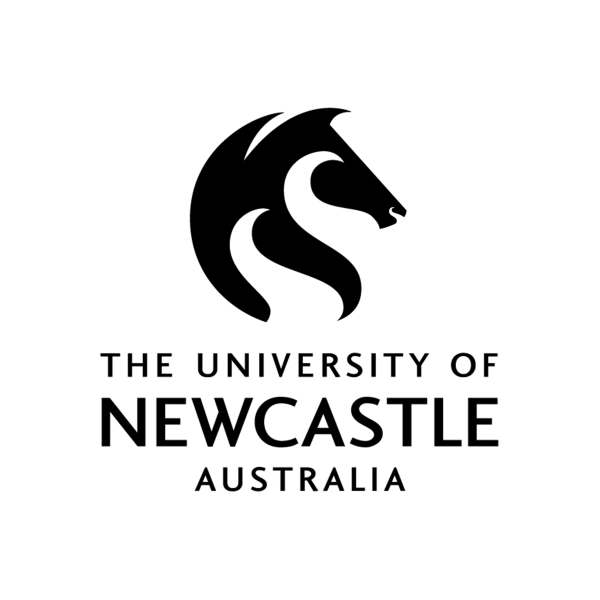

Connect with CAUDIT
CAUDIT acknowledges the Traditional Owners of the lands where we live, learn and work. We pay our respects to Elders past and present and celebrate the stories, culture and traditions of all First Nations people.
